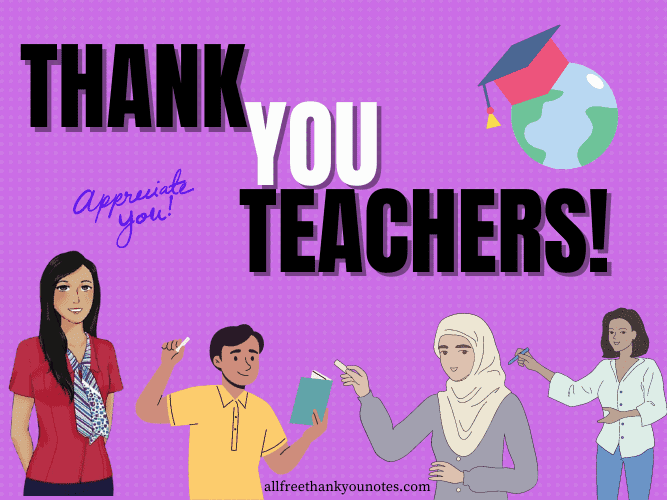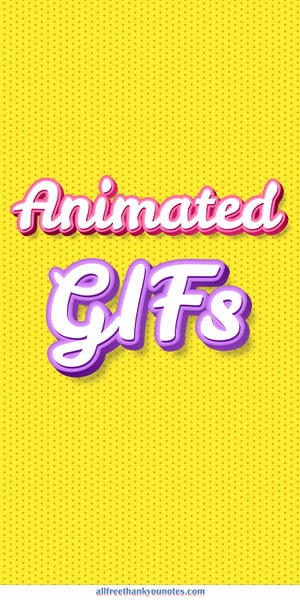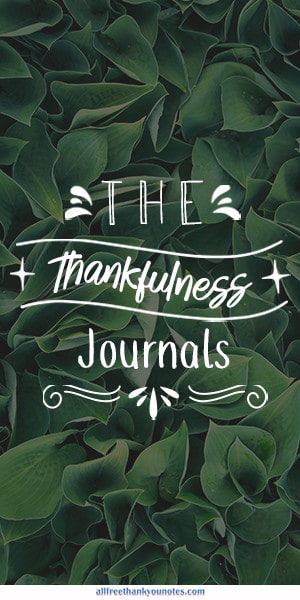Electronic mail, or email for short, is an online communication method where two or more people exchange, accept, forward and store messages using an electronic device (such as a PC or a phone) across the Internet. Since its creation in the 1970s, businesses and organisations have widely used email to expedite information and the workplace. Emailing has become an integral part of communication and employee productivity.
Why are emails convenient?
Emails provide a simpler and cheaper way to communicate. Emails also keep a record of the entire conversation for future reference. In addition, emails aren’t real-time, so you can send and reply when your schedule is available. You have plenty of time to think about what and how you want to respond.
Emails tend to send the ‘wrong’ message
Emails sometimes tend to be miscommunicated due to a lack of tone. Most people have their own verbal rhythm that’s difficult to follow right away when they communicate through typed words. Also, there is lesser emotion compared to talking or video chatting. Some people are really terrible at wording things and emails can come off as being the easy way out. You often hear people say ‘this meeting could have been an email’ and often times, the meeting is called simply so participants can have the benefit of human interaction.
Using Email to your Advantage
Email is a great way to say thank you. Write a simple email to thank someone for their assistance, and let them know if there’s anything else you need from them. This personal touch shows that you’re grateful for what they’ve done and that you truly appreciate their time and work. Not only does it show manners, but it also tells your contacts that you value what they do. If anyone is in doubt about saying thank you in an email, try rewriting it into a handwritten note. Your appreciation will still be clear, but in addition you can actually read any emotional cues through their handwriting. If they seem bothered by something or appear hesitant about taking on additional work, you might want to clarify with them before moving forward with future projects together.

Emails are objective-based
Emailing is coined as a two-dimensional type of communication due to its lack of sensory contact (sound, touch, hearing) or a personal connection. This is also called impersonal communication: a communication method based on social and business roles; for example, a conversation between a sales clerk and a customer, or a phone call exchange between you and a call centre agent, inquiring about problems in your utility bill.
Impersonal communication does not need emotion to convey a message. It’s objective, rather than subjective. Thus, email exchange fits best in a business setting. Since you don’t know the receiver or the sender on a personal level, he or she assumes that they do not have the privilege to speak to you personally right away. Also, email conversations are superficial and less expressive but can complete business transactions with ease anyway.
Want to email a loved one?
Send them a handwritten letter, or give them a call instead – they’re more personal and heartfelt that way. If the Internet’s the only way to reach out to them, we’ve got tons of thank you notes and GIFs across the website when you want to add a little more personal and visual touch to your emails.
Saying Thank You Via Email
There are plenty of places that a little thank you can go a long way. For example, say your friends have just let you crash at their place for a couple of nights, and now you’re going home. Give them a note, an email or call them to tell them how much it meant to have somewhere comfy to rest your head. A little kindness goes a long way and it can be as simple as sending an email on the day or leaving a strategically placed handwritten thank you note on the counter. You might want to send a gift along after you are settled in your new place, along with a handwritten thank you note just because you are classy.








